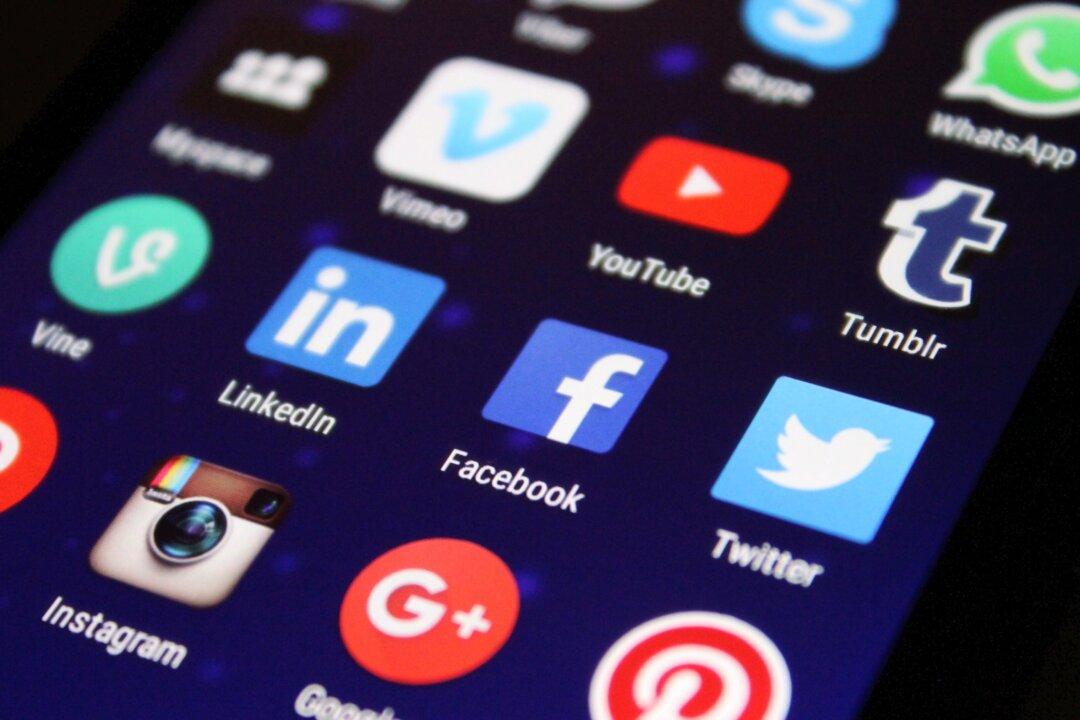Tech Companies will have the opportunity to comment on the Australian Government’s proposed laws that would hold them accountable for online trolling on their platforms.
On Thursday, a committee set up to investigate how to make social media platforms safer for Australians will listen to the views of representatives from Google, Tiktok, and Meta, who owns Facebook and Instagram, AAP reported.





